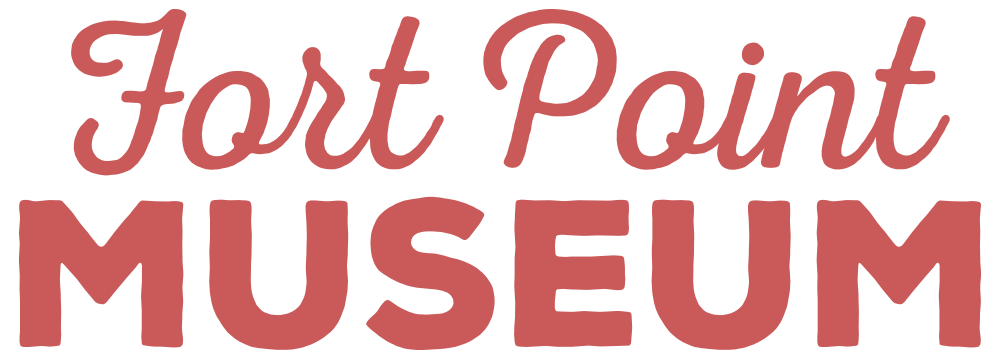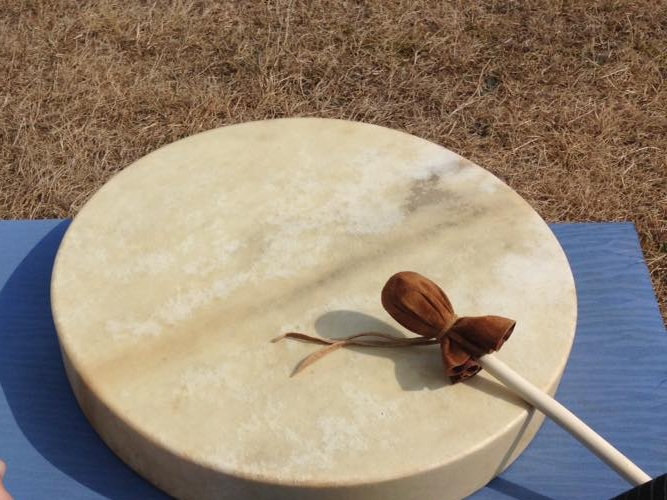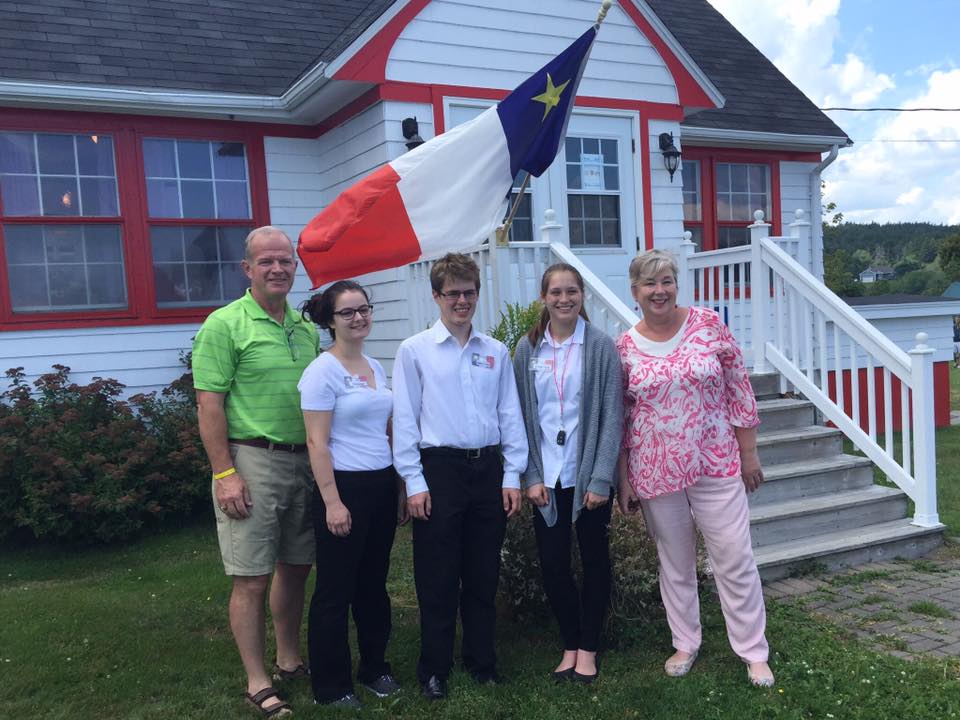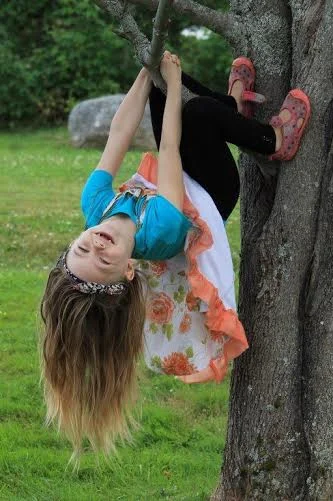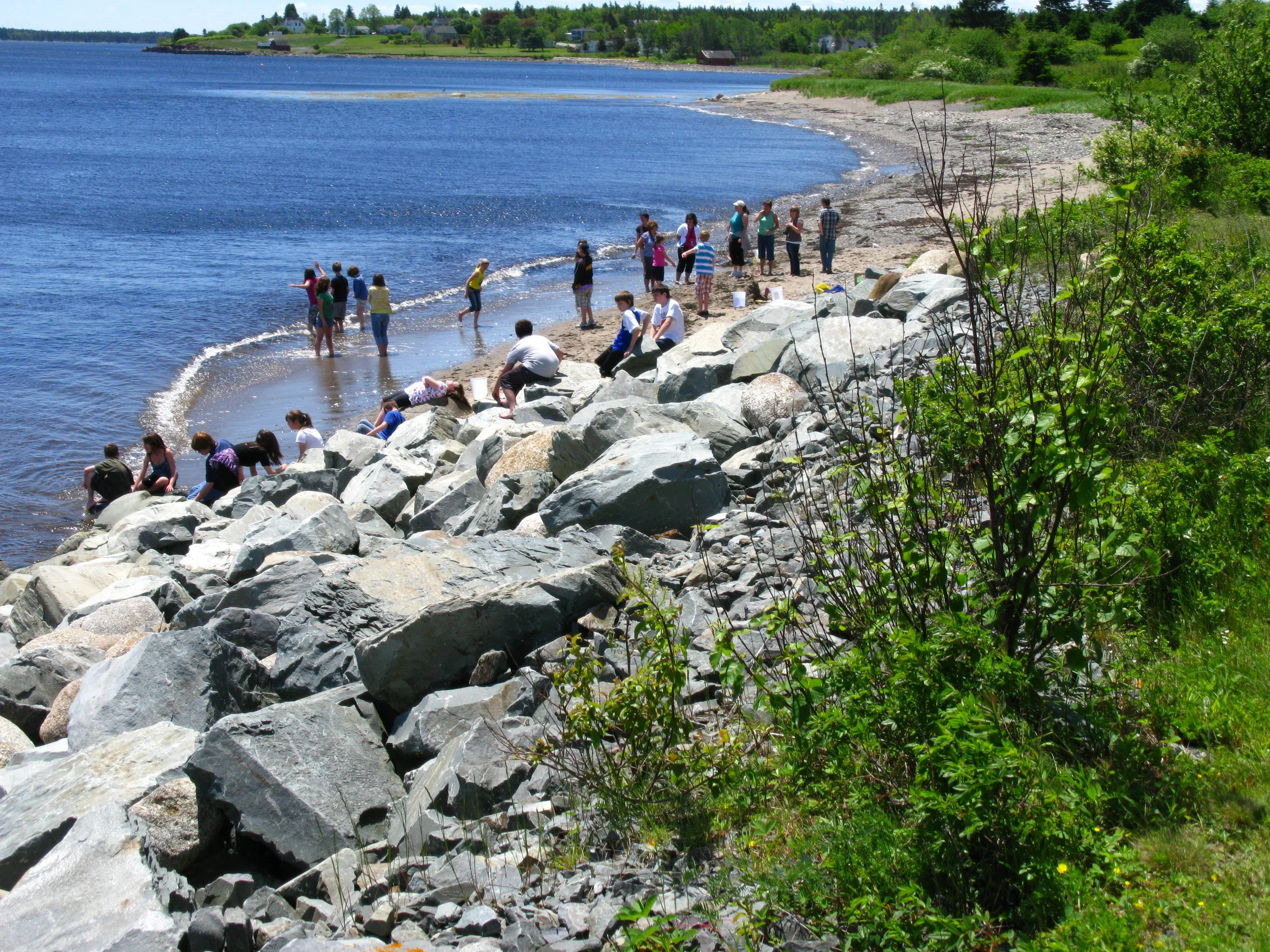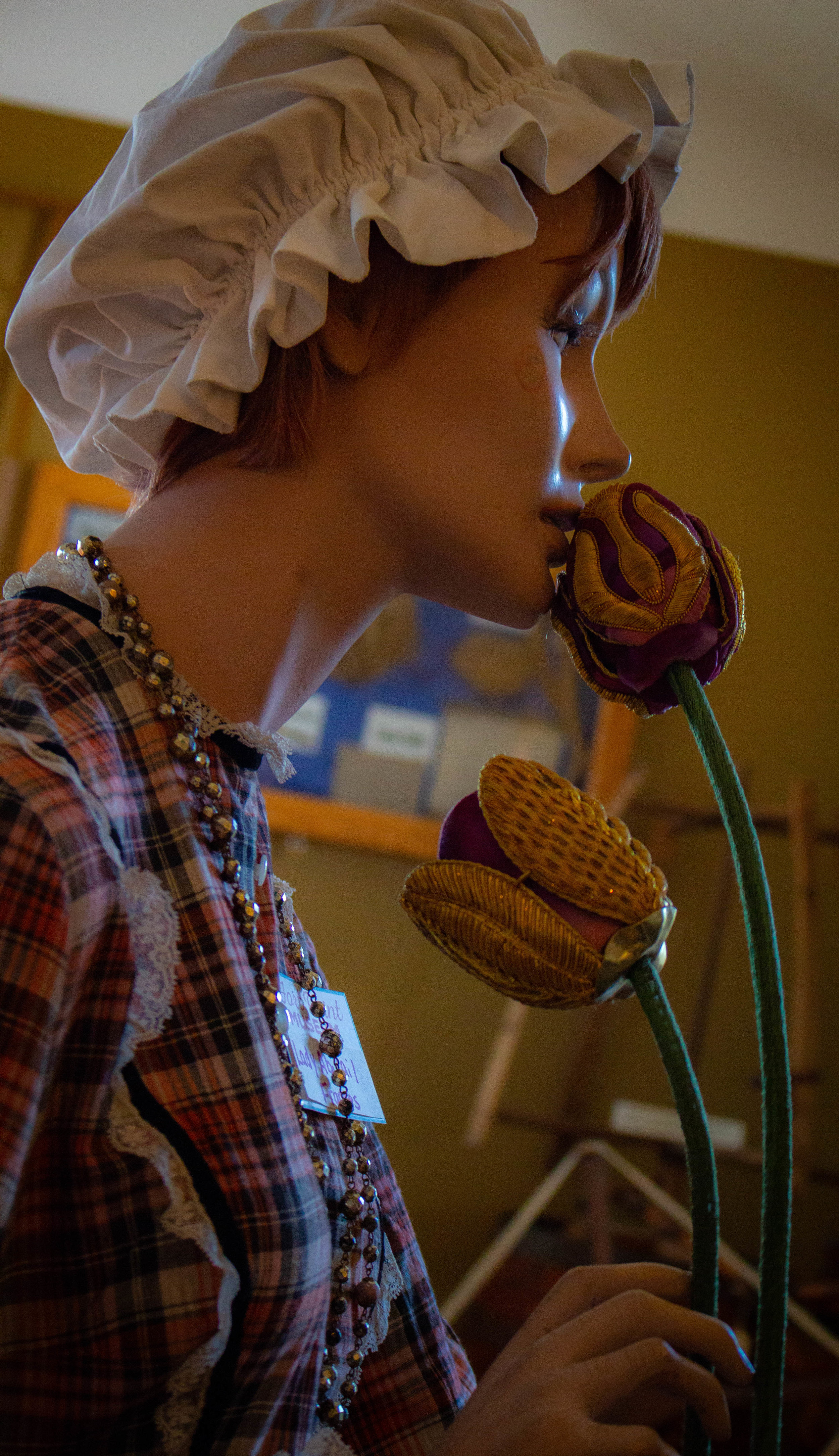Our Local History
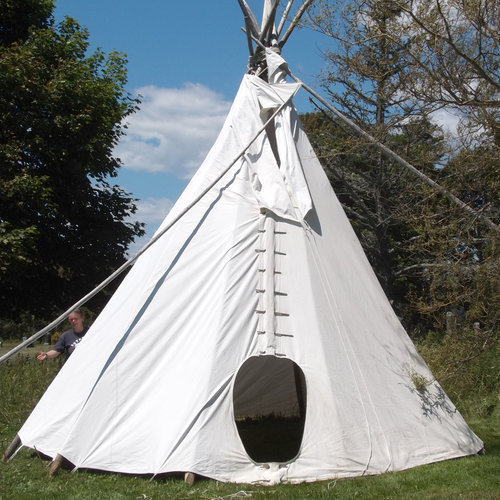
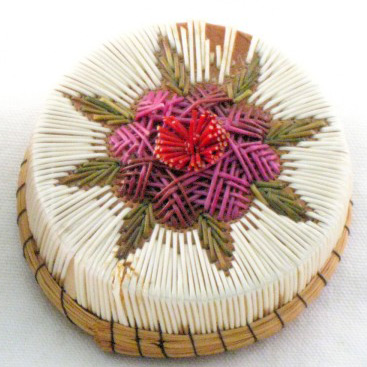
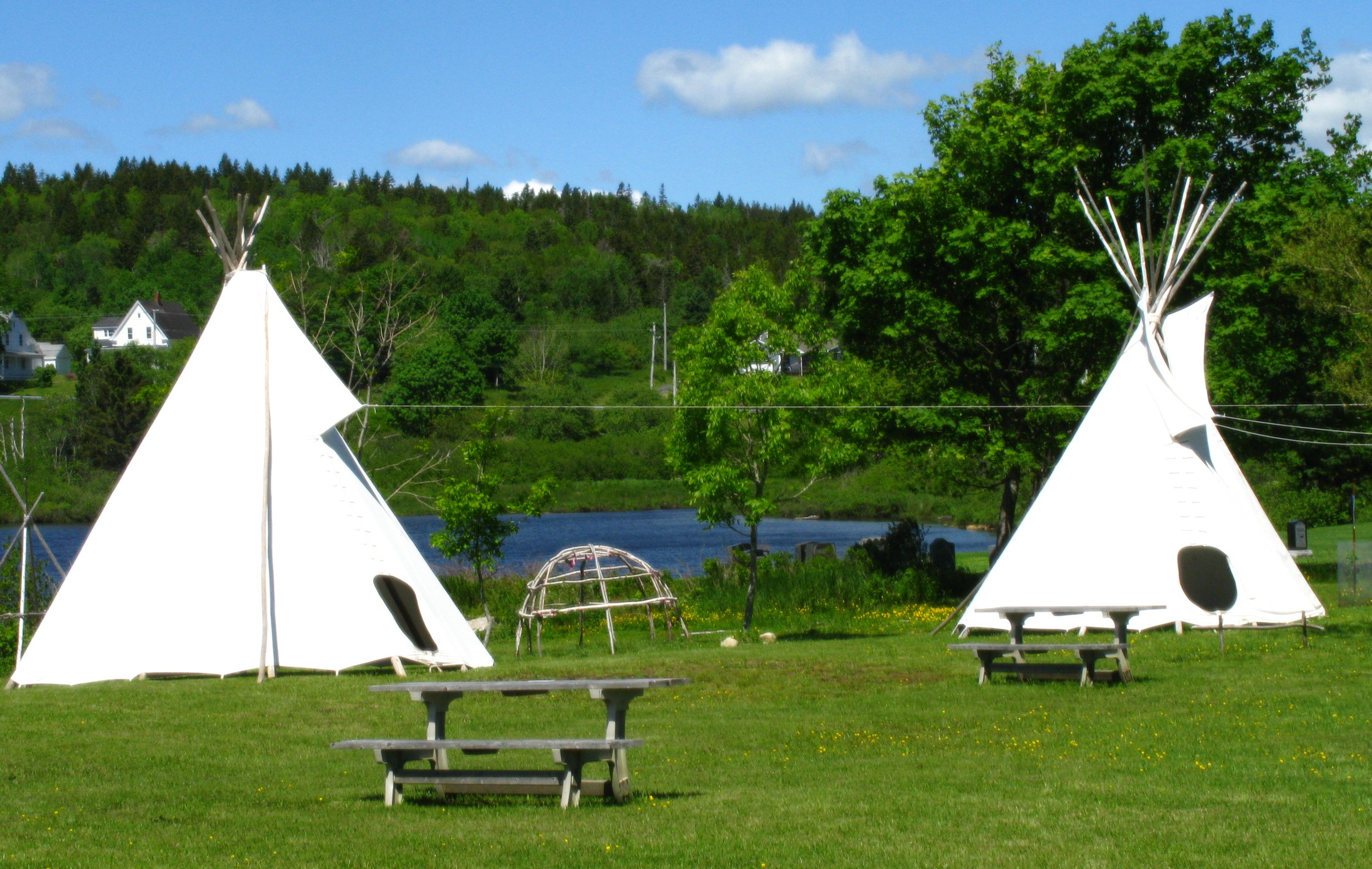
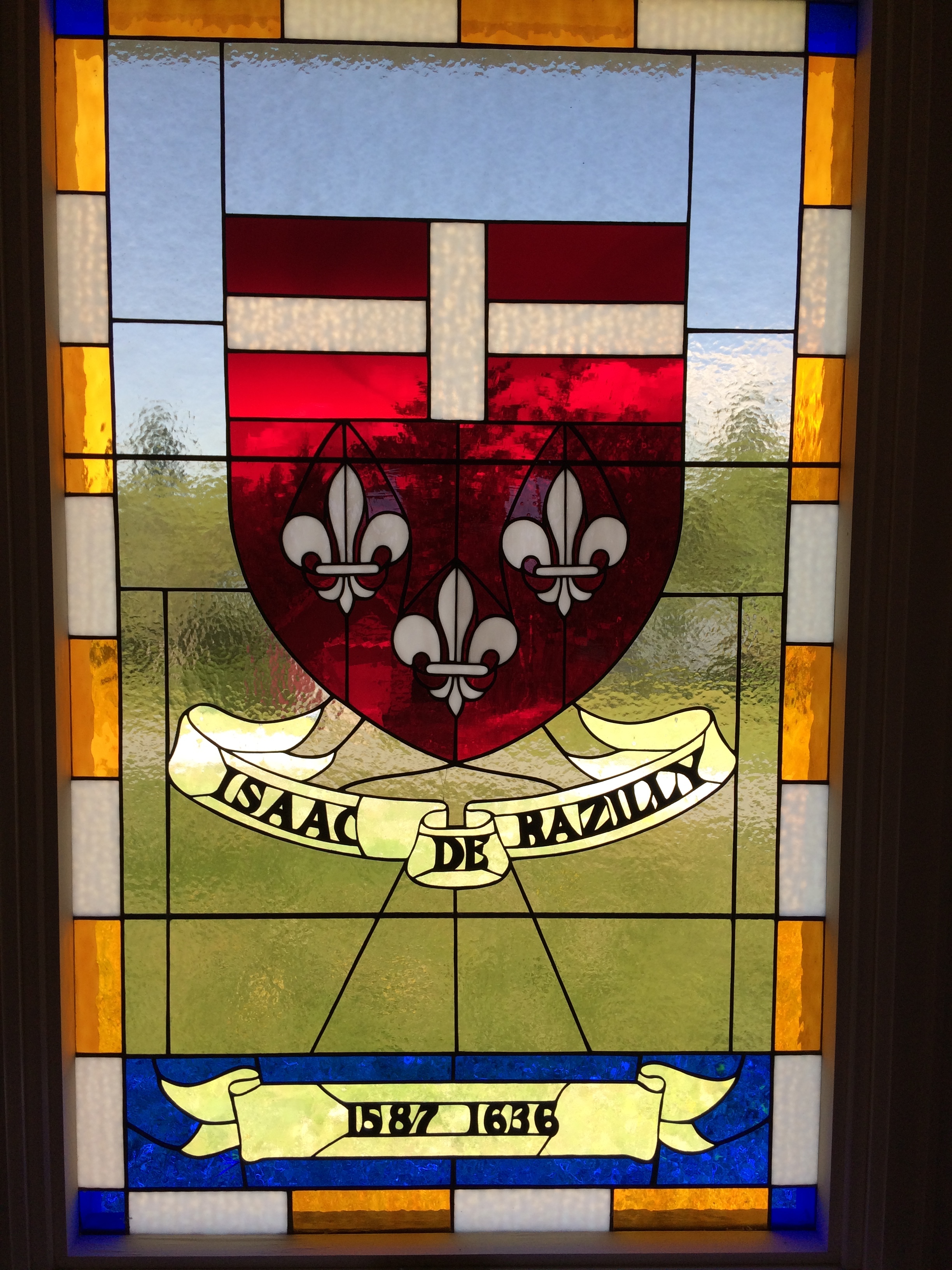
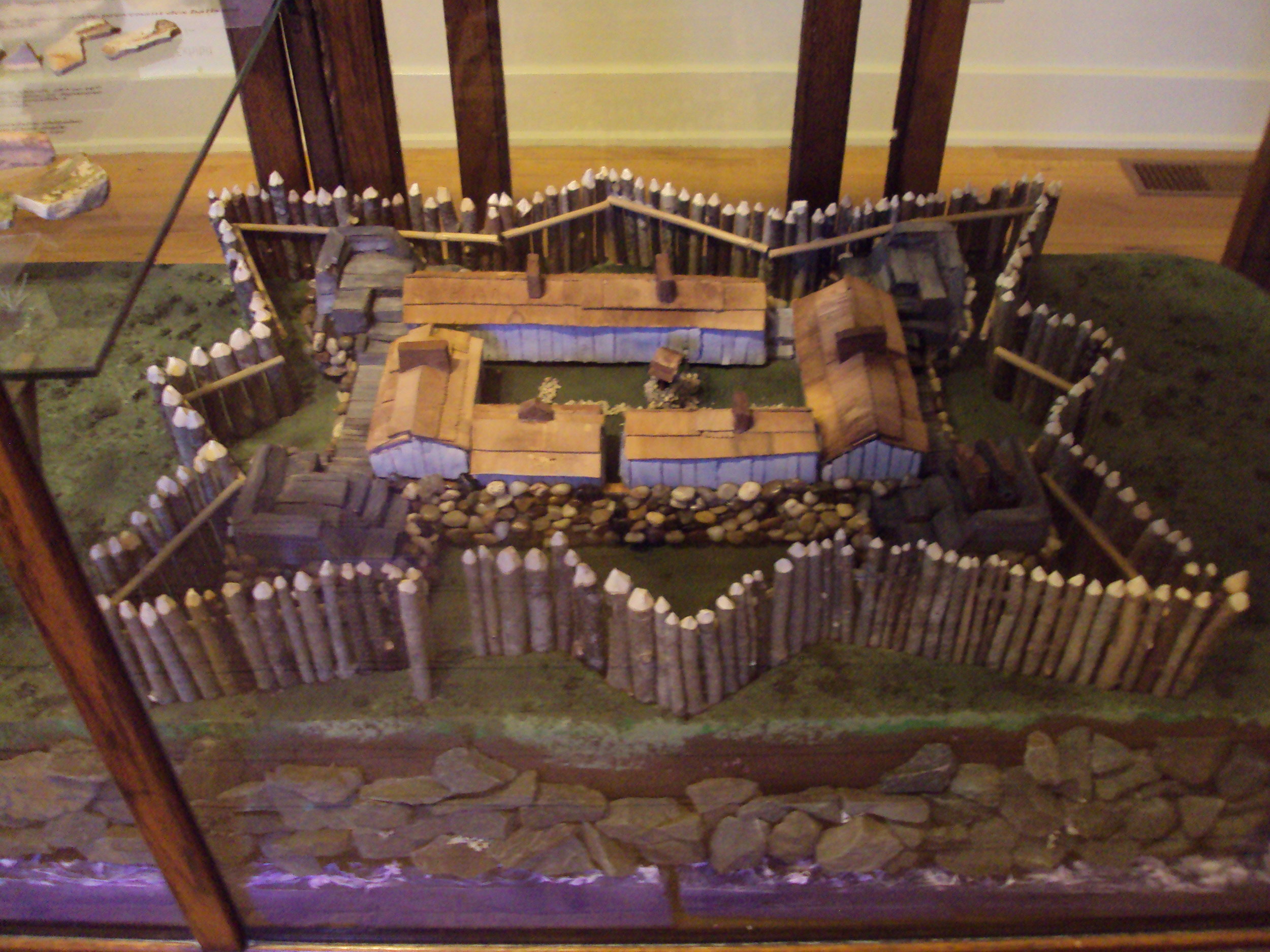
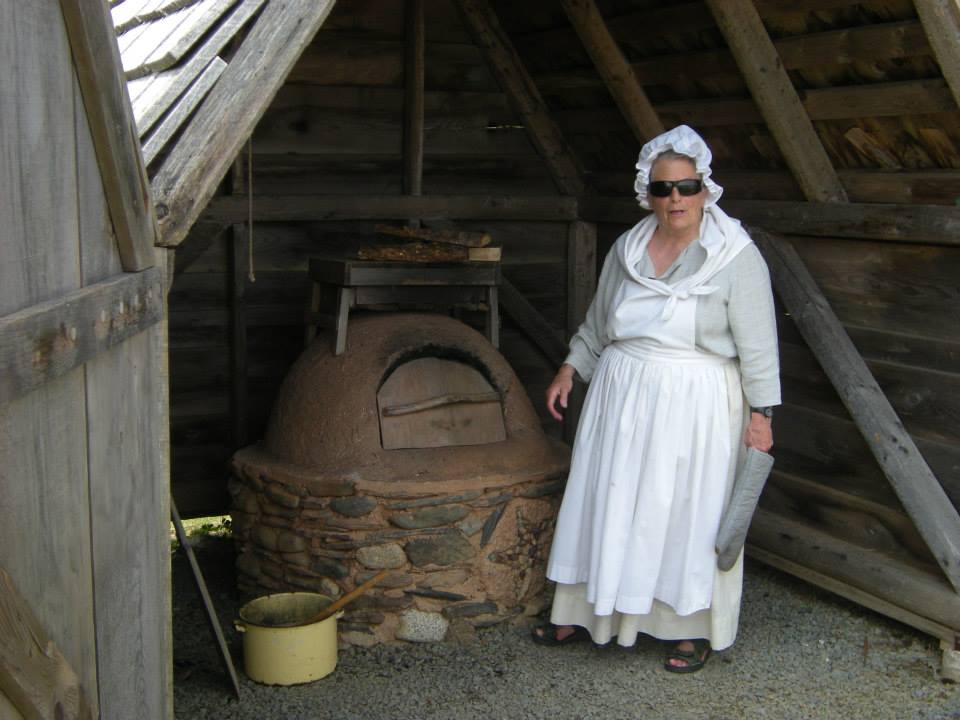
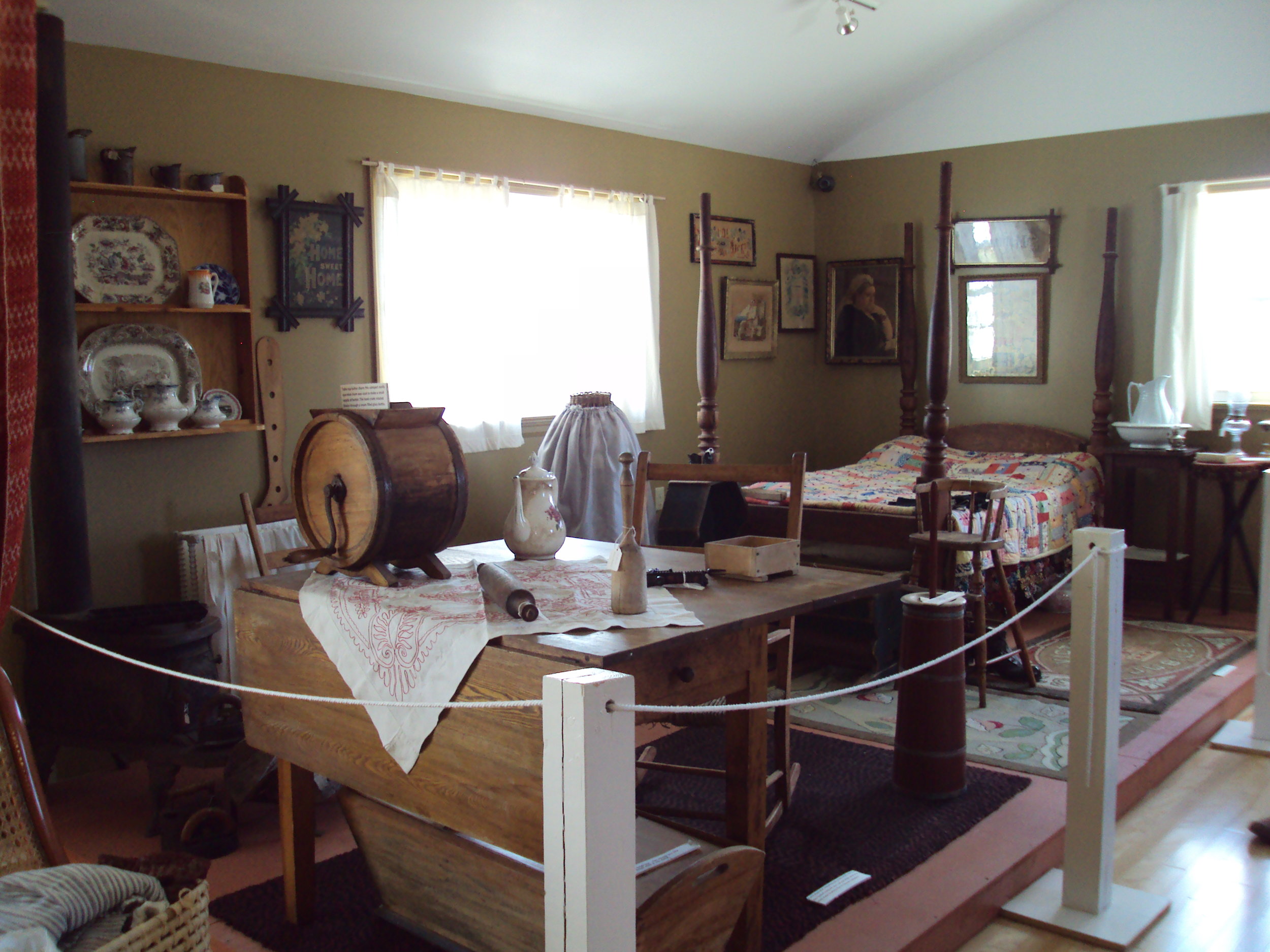
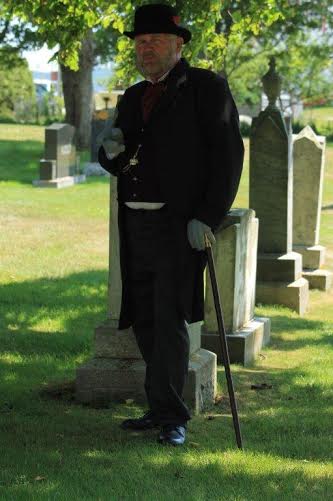
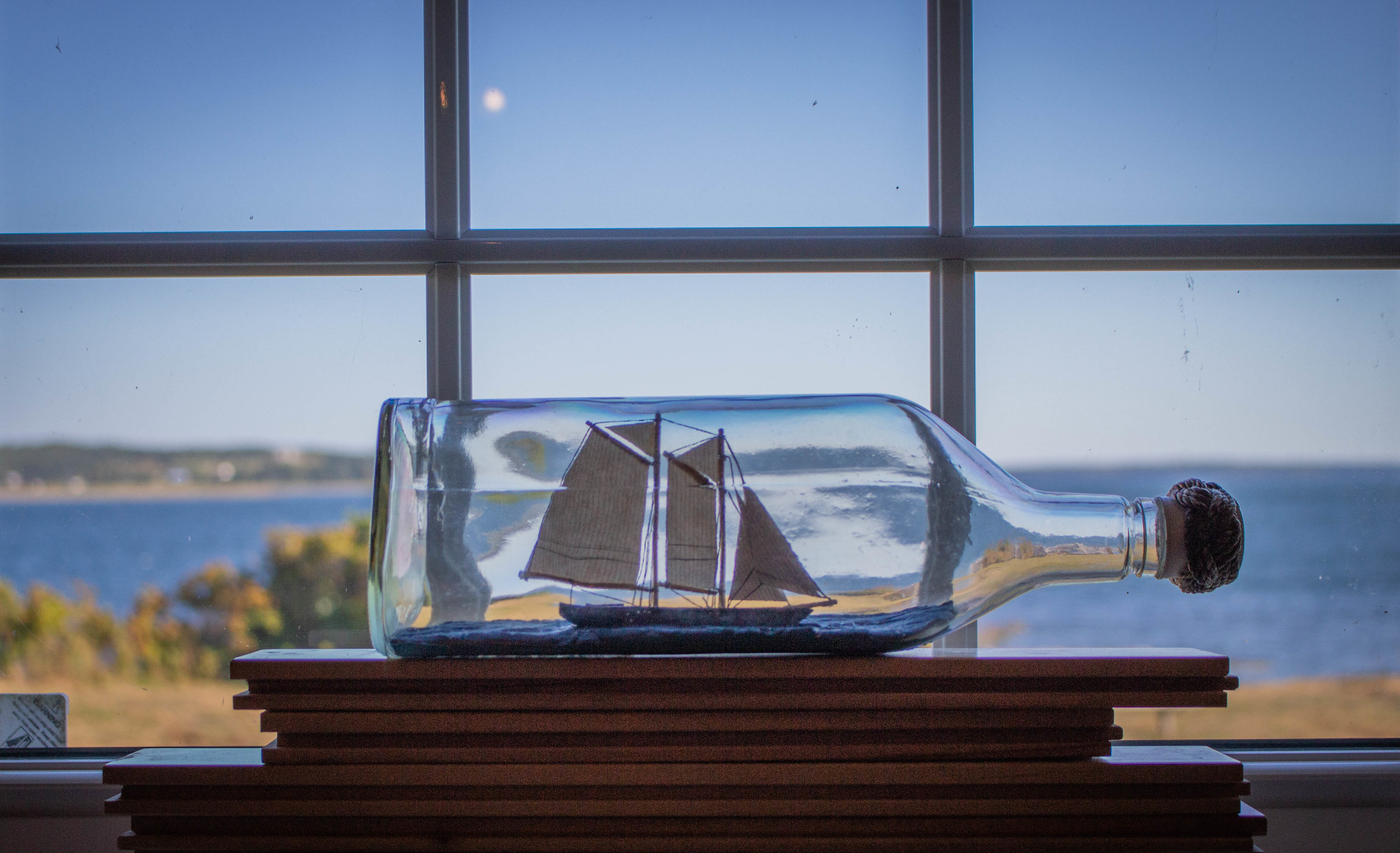
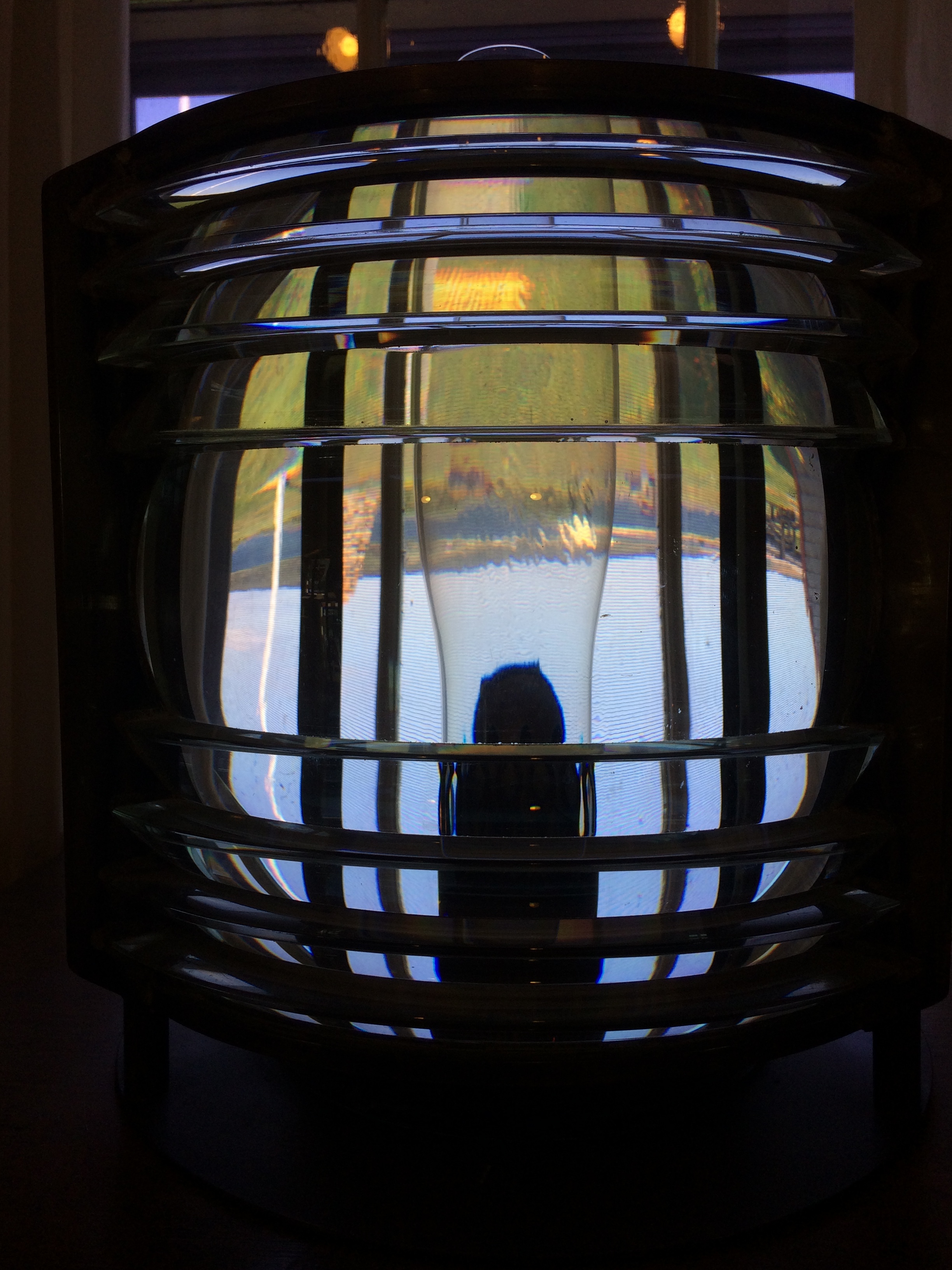
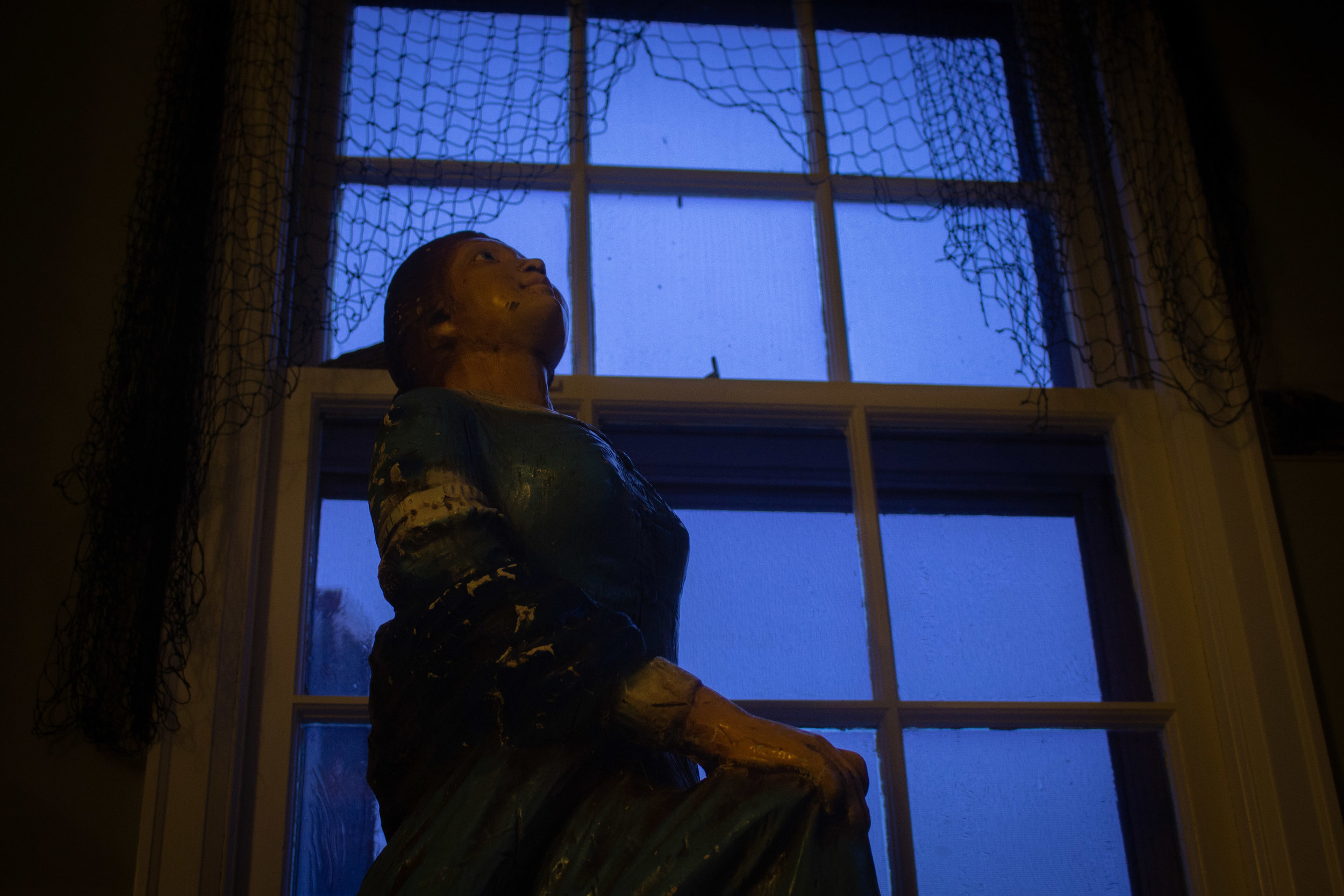
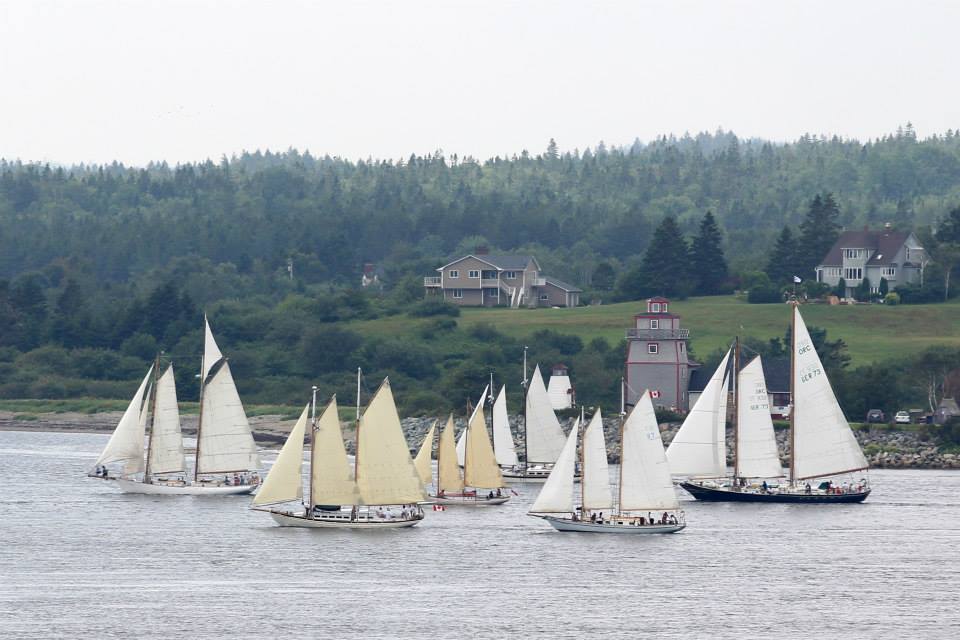
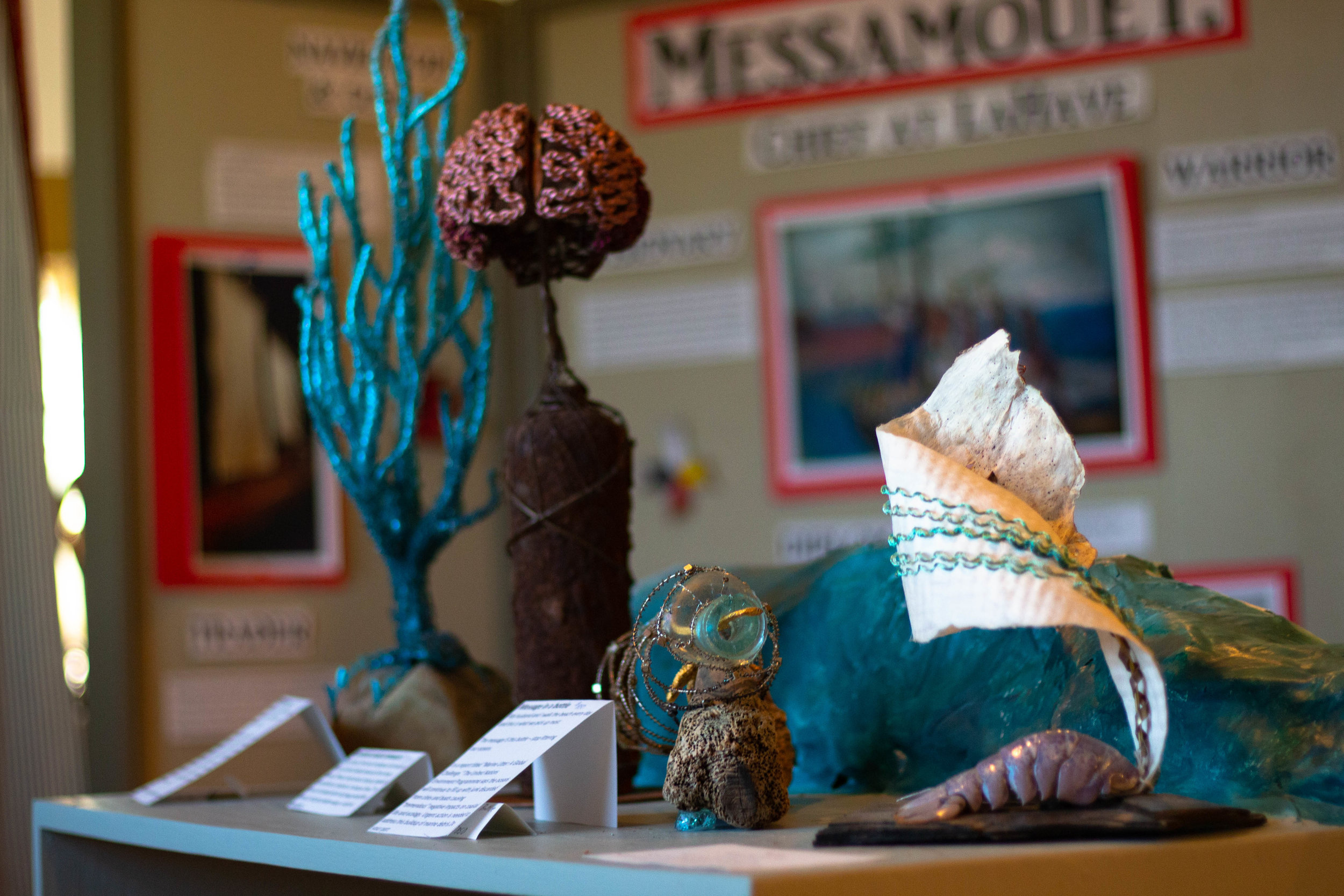
The Mi’kmaq
The Mi’kmaq were once known as the porcupine Indians. Their incredible skill in crafting art pieces out of only birch bark and porcupine quills is a wonder to see. The story of their settlements and historic use of the land and rivers around Petite and LaHave is yours to explore at the museum.
The Acadians
European settlement of Canada began with Fort Point, when Razilly established the first capital of what was then called ‘New France’ in 1632. Among the displays chronicling this story and other aspects of Acadian history in the LaHave area, visitors can hold one of the hand made bricks from France which were used as ballast in the ships carrying new settlers here, then used to construct the base of the fort itself.
The English and German Settlers
They came to work the land, harvest the forests, and make their way as carpenters, shipbuilders, cobblers, iron-mongers, school teachers and more. Our displays capture the daily life of these early settlers, with traditional tools they used in their work, a typical homestead exhibit, and schoolroom display.
The River
From its history as a Mi’kmaq portage trade route, through to the days of tall ships, fishing schooners, and trading ships, to today’s essential cable ferry and recreational boating, the LaHave river has been an important waterway with the people who live and work the here. Come enjoy our exhibits and photos showcasing the river’s many past lives.
Experience the History of the LaHave Community
Visit the museum or attend one of our social events.
We're open daily from June 1st - September 1st
10:00am - 5:00pm
Our new gift shop is now open!
